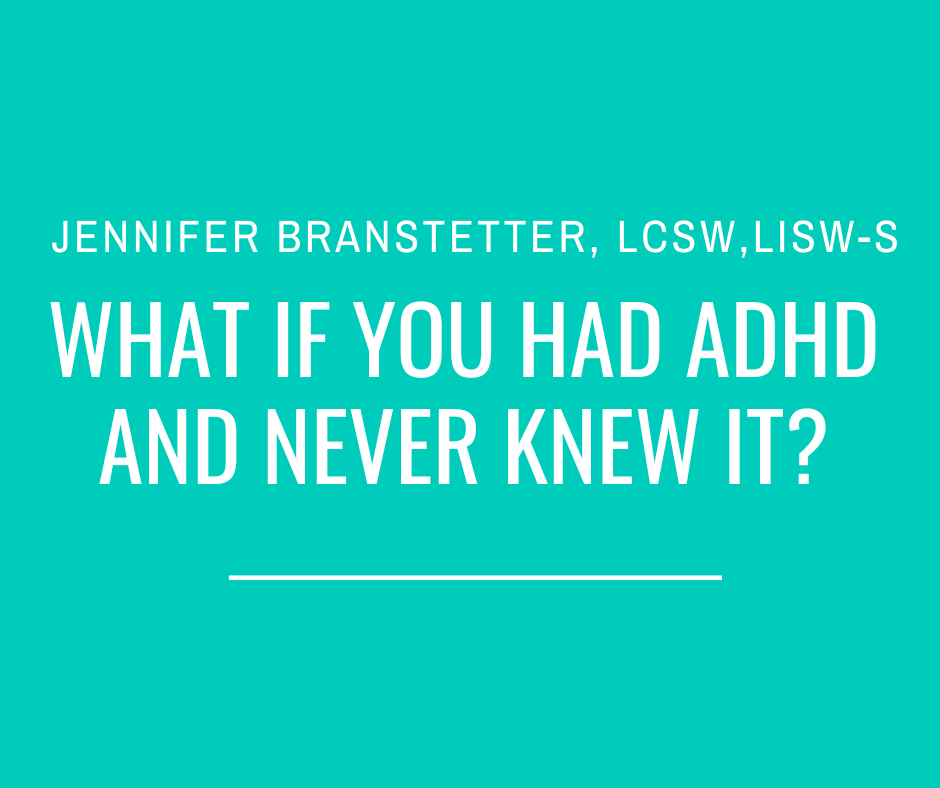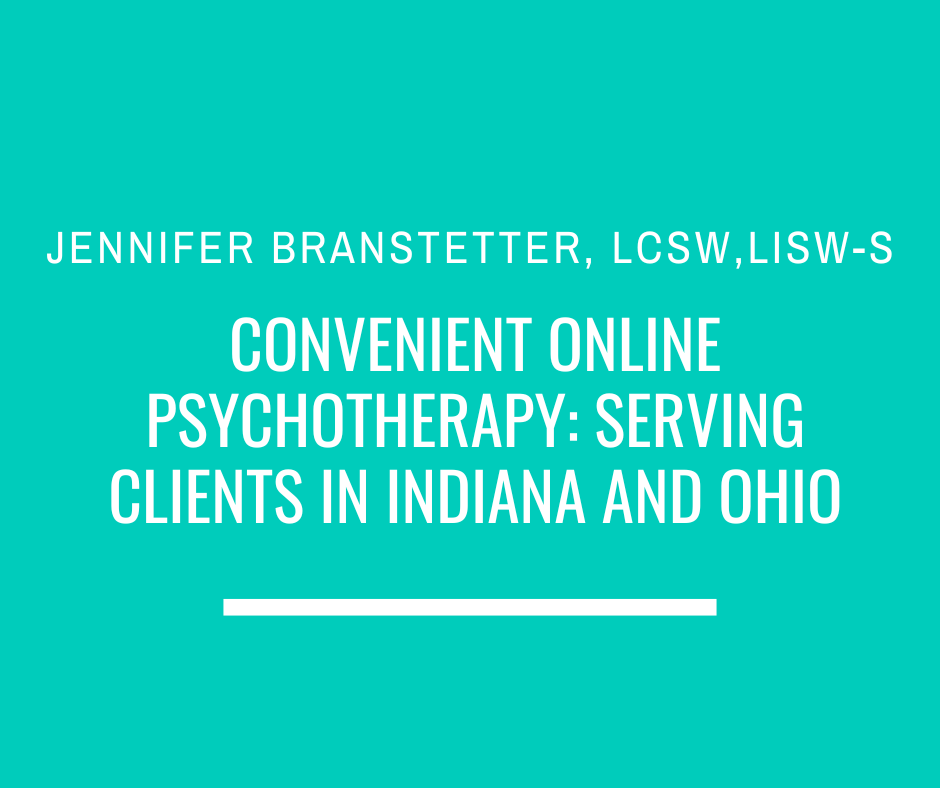Blog

Former Gifted Kid Syndrome
Struggling as an adult after being labeled a "gifted kid"? Learn how perfectionism, burnout, anxiety, or undiagnosed ADHD may be affecting you—and how online therapy in Ohio and Indiana can help.

What If You Have ADHD and Never Knew It?
Could you have ADHD and not know it? Especially common in women and high-achieving adults, ADHD is often misdiagnosed or missed entirely. Here's what to look for—and how therapy can help.

Convenient Online Psychotherapy: Serving Clients in Indiana and Ohio
Offering convenient and effective online psychotherapy for residents of Indiana and Ohio. Access virtual cognitive behavioral therapy to manage anxiety, stress, and more from the comfort of your home.